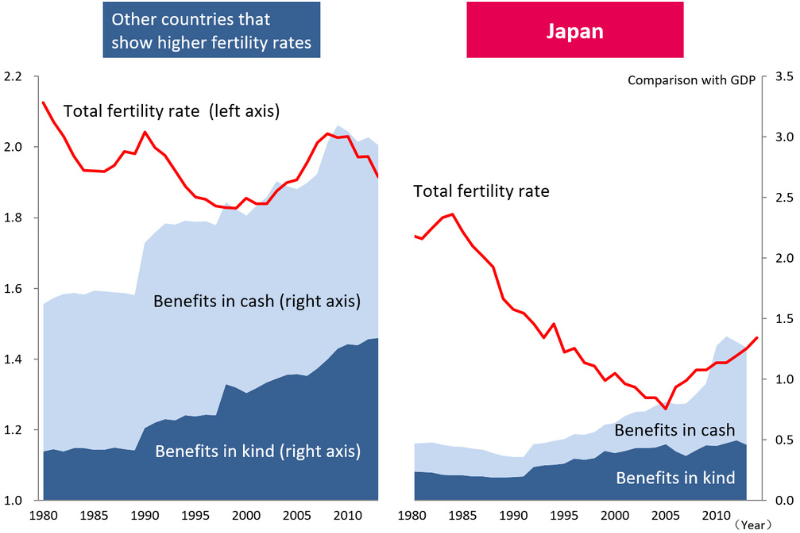

solution for japan's declining birthrate how limiting overtime boosts family time and fertility
Personnel from human resources and security would advise people to leave. Japan has a reputation for being a highly productive, innovative, and modern nation that has a knack for producing one technological marvel after another and releasing hip gadgets on a regular basis.
Due to the enormous amount of work that the average Japanese person puts in, they quickly burn out and have little time left over for their personal lives and families. As a result, the country has seen a booming economy and has been in the news.
Masahiro Okafuji, who took over as Itochu Corp.’s CEO in 2010, made increasing productivity a top priority so that the company could compete with and outperform its larger Japanese rivals, according to this Bloomberg report. After 8 p.m., he forbade office work. There wouldn’t be any overtime, save for very rarely. People who were working would be told to leave the Itochu office block in Tokyo by security guards and human resources staff, and anyone who was still there the following day would be paid extra.
After more than ten years of the new work policy’s implementation, the business reported a more than fivefold increase in profit per employee in 2021. Additionally, more women employees took maternity leaves, had children, and then returned to work.
Fumihiko Kobayashi, executive vice president of Itochu, says, We set out to increase productivity but had no idea it would have an impact on the birthrate.
The trading house is now recognized as a pioneer in defying a trend of declining birthrates that governments around the world, including those in Japan, have worked hard to reverse.
In the years since 2010, Itochu’s full-time employee fertility rate has doubled, increasing to nearly two children per female employee in the fiscal year that ended on March 31, 2022—far exceeding Japan’s current national rate of 1.3.
In today’s fast-paced society, maintaining a work-life balance is very challenging and has a negative impact on an individual’s productivity in both their personal and professional lives as well as their general health, relationships with their family, social life, and social life.
Consequently, a few nations reduced the working day to four instead of the customary five, set up home offices, and instituted work-from-home policies.
Falling fertility rates are alarming and warranted so in many nations. A sizable portion of the population is over the age of 50 or 60. It is crucial that the young population, who are in their 20s and early 30s, has plenty of time and opportunities to socialize, get married, and contribute to production in the personal, human sphere if the system is to receive new blood.
Companies need to take a more proactive approach to implementing work flexibility because it will benefit both them and the personal lives of their employees.
The labor market in India is modernizing the expectations for any employment where paychecks were a major consideration, workers now…
For Assessment Year 2025-26, the Income Tax Department has broadened its disclosure requirements for salaried taxpayers who are claiming House…
New York Fashion Workers Act (NYS Labor Law, Article 36) will come into effect June 19, 2025. This legislation makes…
President Donald Trump has approved the dispatch of an additional 2,000 National Guard members and 700 Marines to Los Angeles,…
India's job market is going through a significant transformation with tier-2 cities emerging as massive employment centres. According to the…
Japan's Prime Minister Shigeru Ishiba revealed a bold new economic strategy, directing the ruling Liberal Democratic Party (LDP) to present…
This website uses cookies.
Read More